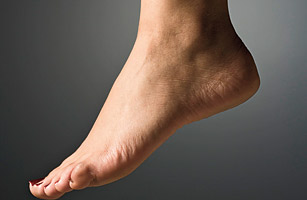
There's nothing new about the fact that women live longer than men — and nothing uniquely human about it either. The same is true in many other mammals. Japanese scientists may have new insights into why.
Manabu Kawahara at Saga University and Tomohiro Kono, based in Tokyo, compared mice that were engineered from two female genomes — so they had no genetic father — with normal female mice. The bimaternal mice lived an average of 186 days longer, a life-span boost of 30%.
The longevity dividend seems linked to something in the female genome, and though it's not clear what that critical variable is, size of the animal may play a role. The bimaternal mice were much smaller than the other females. In the natural world, males grow bigger, perhaps to improve their chance of breeding, but that investment in growth may affect metabolism and limit longevity. Eliminate the male genome, and you appear to eliminate the penalty. The mice with two moms also had higher levels of eosinophil, a type of white blood cell — which hints at improved immune function.